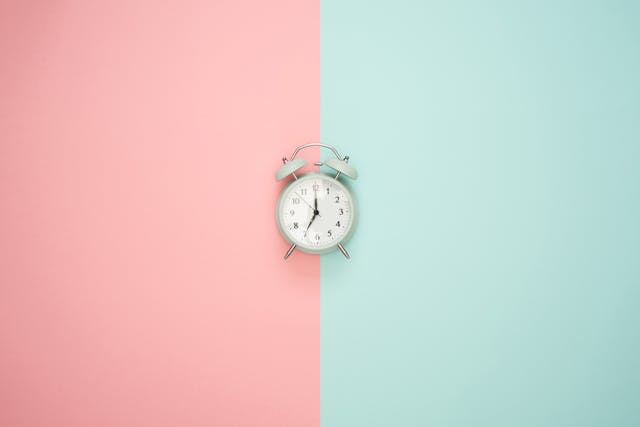
Take On More Than You Can Handle
You need to know what you limit is. But you won't find it unless you push toward the boundaries.
I've had too much on my plate for far too long (although I've done it to myself).
And so I repeatedly suggest people not put too much on their plate. It's stressful. It leads to mistakes. It leads to forgetting something important.
To avoid overfilling your plate remains good advice for someone who is busy and bad at saying no. But it's a slippery slope.
Is there ever nothing to do?
Consider one end of the slope -- the one where there's absolutely nothing to do.
Except, isn't there always something to do? Think about how many un-ending tasks there are around you. The minute you finish cleaning the apartment it starts getting dirtier. A day after you've worn clothes you could do laundry again.
And there are also tasks that remain on the back-burner, even when nothing is cooking on the front-burner. You've been needing to clean out your email inbox for seven years. And you still haven't scheduled that dentist appointment.
When there's too much to do
Now let's consider the other end of the spectrum -- you're so busy you're constantly stressed out. You're overbooked. You miss appointments. You can't make your kids sporting events. You haven't called your mother in weeks. The boss wanted your report yesterday.
You've probably been there. There's that invisible force constantly pushing down on your chest. You feel heavy. You have so much to do and yet you feel like you're doing so little.
Finding the right amount
You ought to be able to recognize when you don't have enough to do (which is not to be confused with being unmotivated, which I'm not touching on here). If you're making unimportant tasks (especially ones you don't want to do) a priority, you don't have enough to do. For example, if you've never considered cleaning out your email inbox before, and all of a sudden you are thinking it'd be a good idea and you have time for it, you probably don't have enough to do.
But you also need to recognize the feeling that comes with having too much to do. You should be able to sit down and do nothing for an hour or so from time to time. And you shouldn't feel an invisible weight pushing on your chest. You shouldn't be constantly stressed out.
The first step is to get yourself somewhere in between those two states.
Find that balance.
When you feel comfortable, challenge yourself. Put one more thing on your plate. Let it sink in. If it's still not stressing you out, add another.
Fill up your plate until you have too much to do, and then get rid of the least important thing.
Why? Why the heck would you bring on stress willingly?
Because it's how you learn. I don't want you to be stressed, but you ought to know what it feels like to be stressed. You ought to learn when it's time to start saying no.
To find balance in life, you need to know your limits. But you won't find your limits without pushing against the boundaries.


